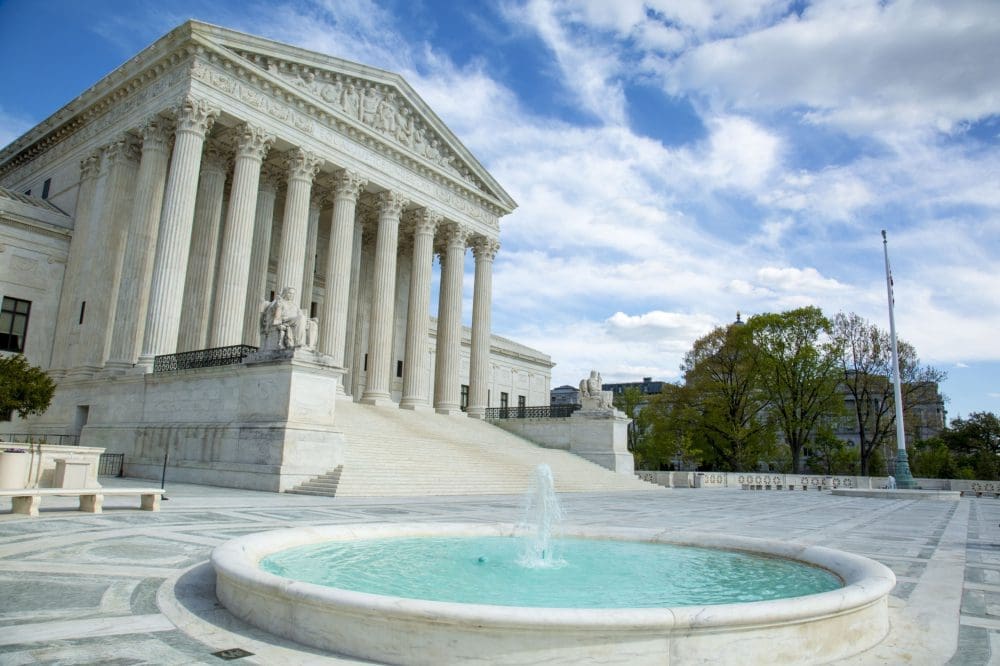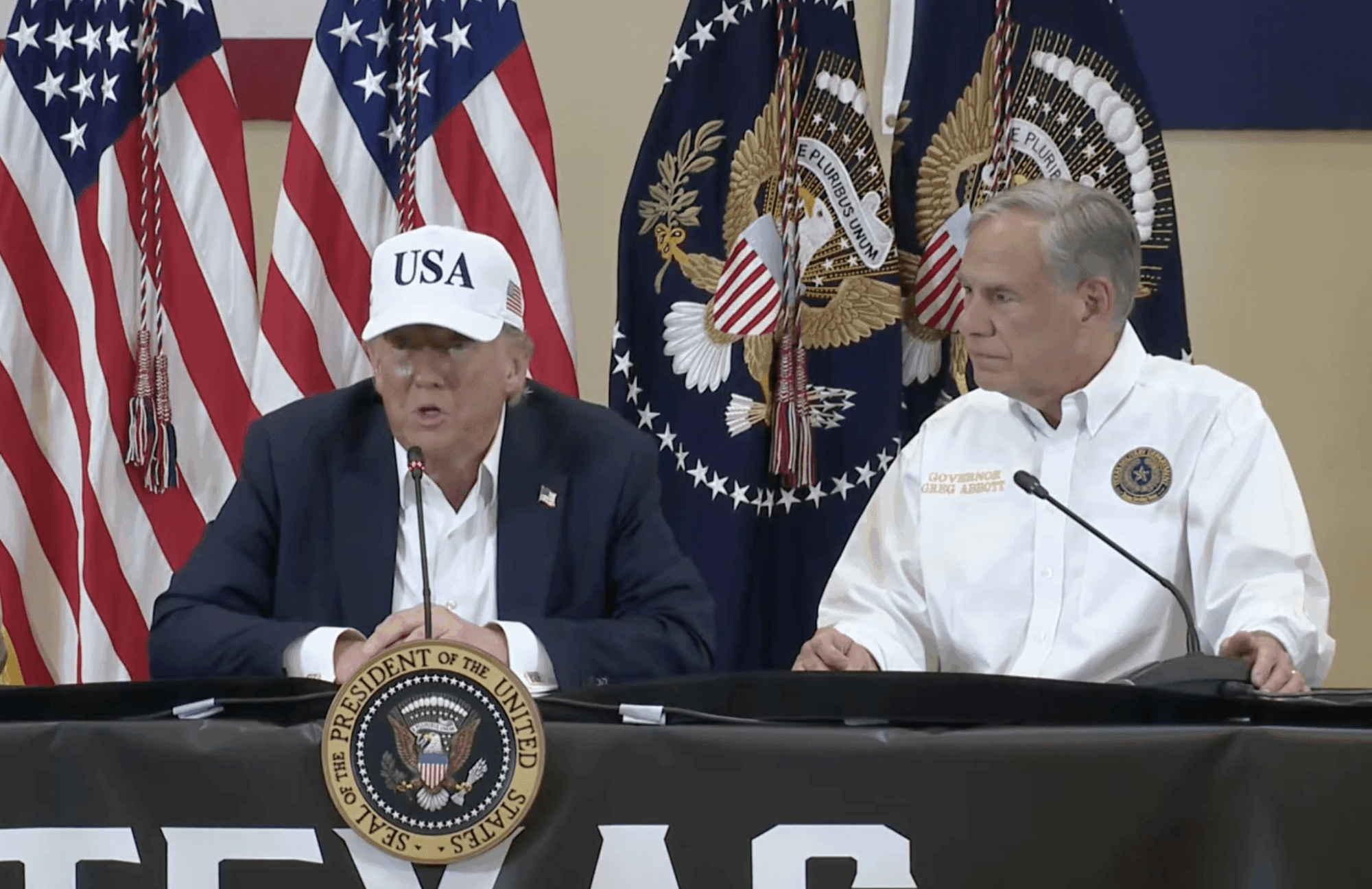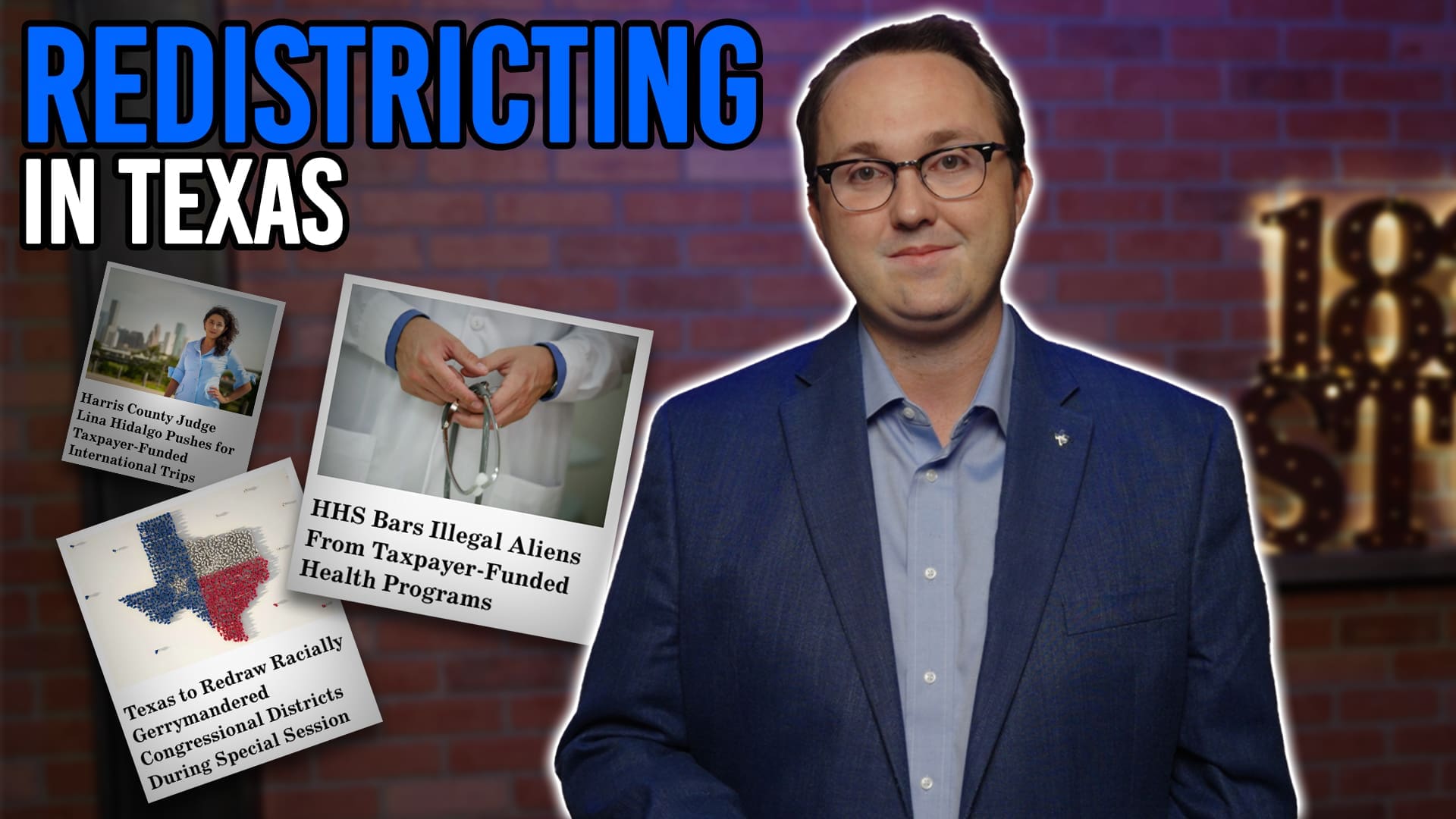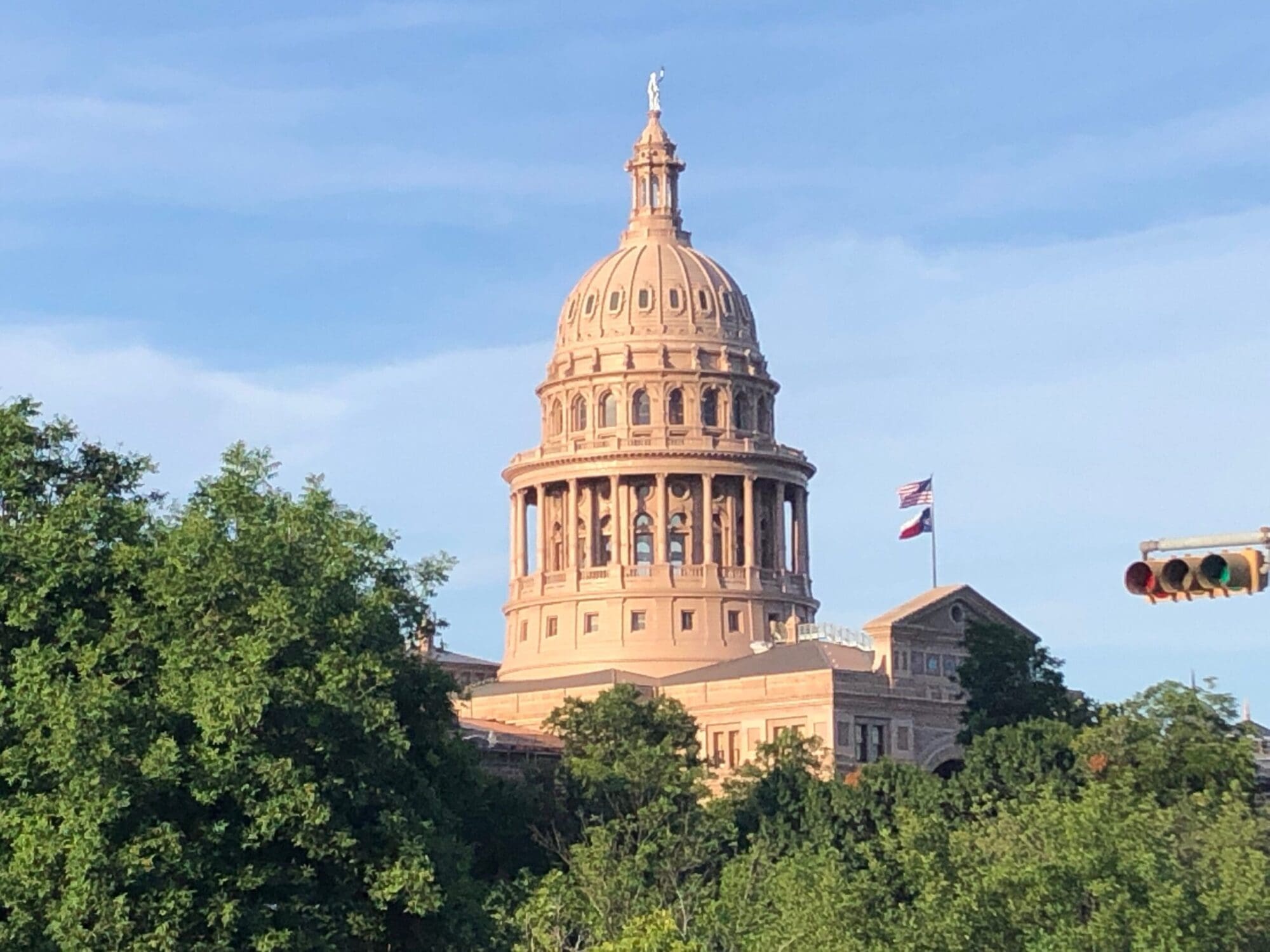Pro-life advocates are claiming victory in the latest Supreme Court ruling regarding Texas’ Heartbeat Act. Although the Court did rule that abortionists’ suits against some state officials over the implementation of Senate Bill 8 may proceed, the Court’s majority dismissed lower court injunctions against state judges and court clerks, as well as against Texas Attorney General Ken Paxton and private citizens. This decision effectively leaves the core of the Heartbeat Act firmly in place.
“No court may enjoin the world at large or purport to enjoin challenged ‘laws themselves,’” wrote Justice Neil Gorsuch in a five-member majority opinion.
Texas’ ban on abortions after a heartbeat is detected—usually around six weeks—utilizes an innovative method of enforcement, which has been the subject of debate. Instead of charging state officials such as district attorneys or the attorney general with the responsibility to prosecute violators, the law expressly bans them from enforcing the law.
Instead, citizens are enabled to privately sue abortionists for damages and a civil penalty up to $10,000. In order to prevent citizens from filing suit under the law, courts would need to either enjoin state judges and court clerks from docketing the cases or enjoin “the world at large” from filing them. The Supreme Court majority rejected requests to allow such injunctions to issue.
Dissenters complain that the Texas Heartbeat Act effectively bypasses Roe v. Wade and Planned Parenthood v. Casey because it makes it impossible for courts to enjoin enforcement of the bill prior to a private party filing suit. The threat of private lawsuits brought under the act have effectively caused a chilling effect on the abortion industry in Texas, as abortionists have been forced to choose whether to abide by the law or risk punishing litigation in the future.
“There is a fallacy in the way Americans, including judges, often speak and think about unconstitutional laws,” said Tony McDonald, a conservative civil rights lawyer from Austin. “We often speak of how courts “strike down,” laws but they don’t actually erase those laws off the books and have no power to do so. Courts can only issue injunctions against the parties in front of them. Friday’s decision acknowledged that fundamental principle.”
By an 8-1 margin in Friday’s decision, the Court ruled that abortionists are still allowed to pursue litigation in district courts challenging the Heartbeat Act, but that litigation may only proceed against members of the state’s medical board.
The abortion industry latched onto this portion of the decision in order to declare a partial victory. However, legal experts are dismissive of the effect that portion of the ruling will have as, it only allows lower courts to consider injunctions against one small set of actors who might enforce the statute. Meanwhile, millions of Texans are free to file suit under the bill if they become aware of illegal abortions being conducted in their communities.
The majority decision was silent on the substantive issue of whether the Heartbeat Act violated the Constitution and was limited solely to the question of what officials and persons could be enjoined from enforcing an allegedly unconstitutional statute.
In a separate case, the Court has heard oral argument but has yet to release a ruling regarding Mississippi’s 15-week abortion ban. The Court’s decision in that case is expected to address the substantive question of whether the federal Constitution guarantees access to abortions or whether to overturn the landmark abortion-rights decisions of Roe v. Wade and Planned Parenthood v. Casey.
Texas’ largest pro-life organization spoke out regarding the decision.
“Texas Right to Life is grateful that the Texas Heartbeat Act remains in effect and that the Supreme Court stopped the Biden Administration’s pro-abortion campaign against the law,” said Senior Legislative Associate Rebecca Parmer. “The Supreme Court allowed the abortion industry’s case to continue in the lower court, and while we continue to fight for the Texas Heartbeat Act there, we’re celebrating the fact that the law will continue saving about 100 pre-born children and their mothers from abortion every day.”





